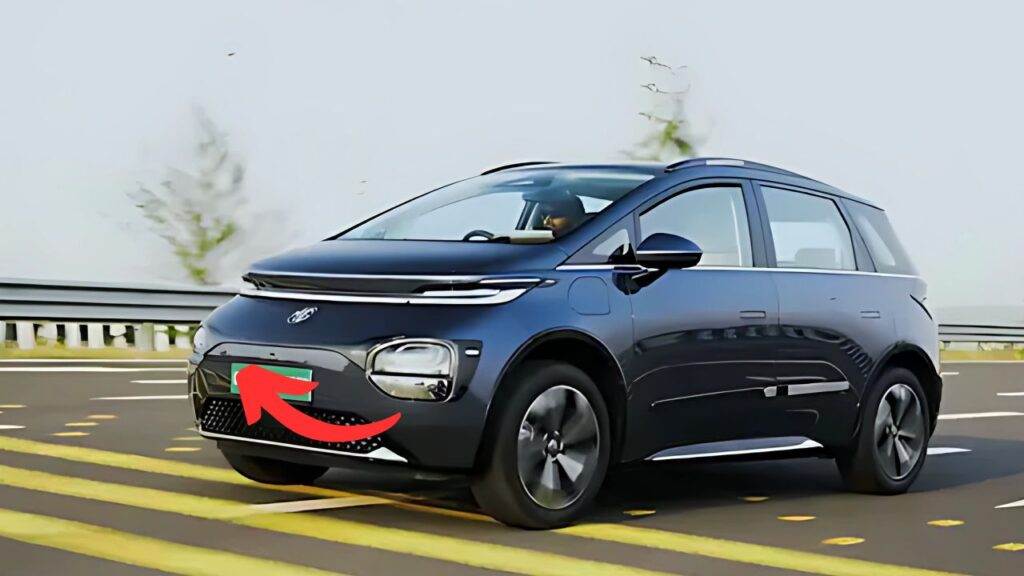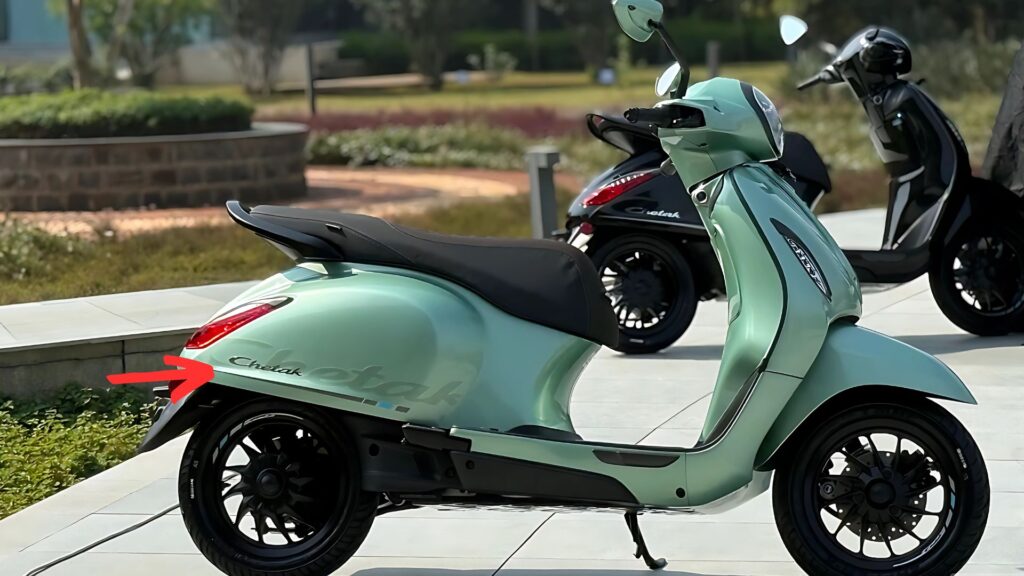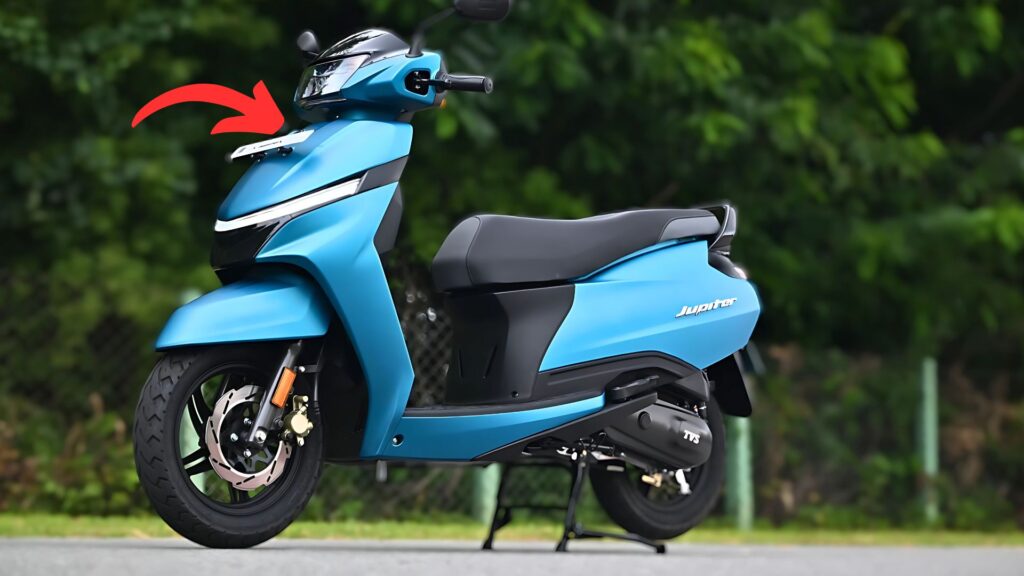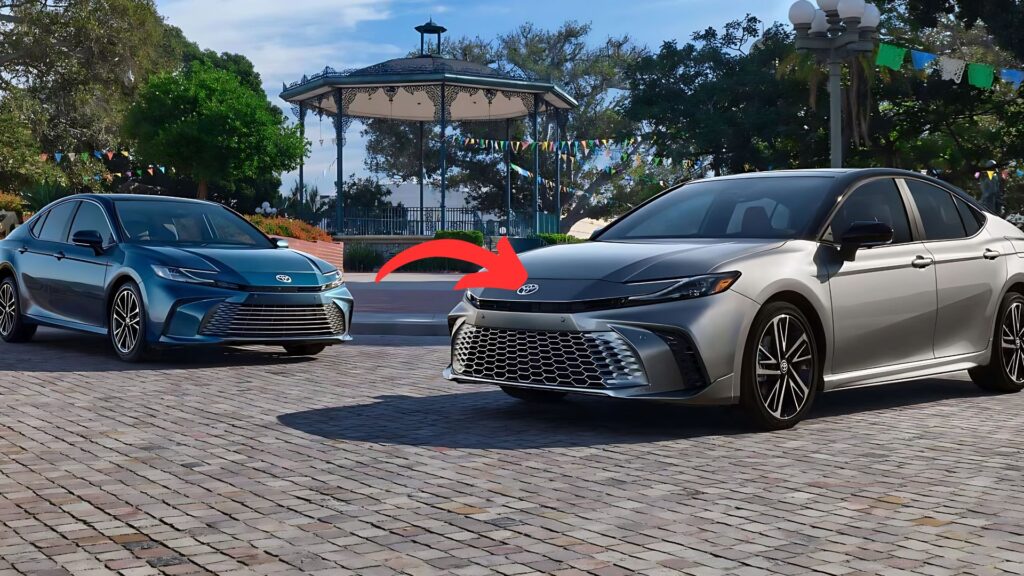In today’s news roundup, as India’s automotive industry gears up for an electric future, the country’s largest carmaker by volumes, Maruti Suzuki India Limited (MSIL), is driving into the future. The nation’s market leader has put itself not only in the pole position to benefit from rocketing demand, it has also readied itself for the electric car revolution that will change the face of the industry.
Trends emerging at Maruti Suzuki in recent years reveal a company that is not just reacting to current market trends, but one that is shaping India’s automotive future. And with big plans for scaling production and an avenue to electric, the company is showing why it has reigned as the market leader for almost 40 years.
The ramp up in production comes at a time when the Indian car market is growing in leaps and bounds, benefiting from a bounce back in the economy, increased disposable incomes and changing consumer tastes. According to industry analysts, the rapid network of service outlets is closely linked to the confidence Maruti Suzuki has in maintaining its leadership position in the Indian automotive market while moving to more sustainable mobility solutions.
Supply Boom Converges With Expanding Demand Market From 2003 to 2006, even though crude prices were high, the global growth in petroleum demand averaged 2% a year, when the Asia-Pacific region was taken out of the figure.
Maruti Suzuki’s new addition to production enhancements are further proof of investment in India’s car-making future. The company has been executing a massive capacity expansion exercise at all of its production sites in order to fill the current demand / supply gap and to gear up for future growth prospects.
The automaker’s two large plants in Gurugram, Haryana have a total annual production capacity of 1.5 million units. In addition to that, its tie-up with Suzuki Motor Gujarat (SMG) grants the company around 1 million annual capacity of another source of supply. Such enormous production capacity has caused the owner to always run the company near full capacity because it appears it is not enough.
The recent reports suggest that Marathi Suzuki is planning for staged capacity increase at its plants, mainly aimed at improving production processes and deploying newer manufacturing technologies. These enhancements are expected to increase efficiencies and decrease production costs, key in allowing the company to continue to be successful in offering products at competitive costs in the price-competitive Indian market.
Table of Contents
Several initiatives are included in the production strategy:

Overhauls to existing lines of production
Industry 4.0 technologies integration
More automated manufacturing processes
High-Class Quality Control Systems
For efficient management of the supply chain
Analysts predict that these actions will bump up the annual production capacity of the company by 2-3 lakh units in a couple of years’ time, thus allowing Maruti Suzuki to cater market more efficiently for its hot-selling models.
Electric Vehicle Strategy: New Rules for Going from Point A to Point Anywhere
Maruti Suzuki, as it increases conventional vehicle production, is also laying out a full spectrum electrification strategy that indicates the company’s intentions towards a sustainable future of transport in India. The company’s electrification strategy seems to be a well-balanced one, taking stock of the market as it is while ostensibly planning for a zero-emission future.
Here are some of the key things in Maruti Suzuki’s electric vehicle roadmap:
Development of Product Portfolio: The corporation is intending to launch several EV models in respective segments. In other words, electric mobility is coming down the price curve and will soon offer a choice of cars from a range of categories, such as compact or mid-size sedans, and SUVs.
Technology Alliances: Working with world leading technology providers and battery manufacturers to help deliver with more affordable and electric powertrains and battery management systems. The groups are intended to allow the partners to manufacture EV parts close to where they are assembled, which should cut costs and help avoid supply chain issues.
Investment in infrastructure: Developing charging infrastructure through collaboration with charging network operators and government projects. That includes both workplace charging solutions and expansion of their public charging network.
Production Preparation: Upgrading vehicle assembly and component manufacturing operations to develop electric vehicle manufacturing. This strategy minimises the wastage capital, and optimally utilises existing set up.
The company has ambitious plans for electric vehicle market share, hoping that by 2030 it will have sold a lot of electric vehicles. This time frame fits in well with the Indian government’s ambitious plans to see widespread acceptance of electric mobility and it puts Maruti Suzuki at the forefront of India’s green transportation scene.
Market Position and Competitive Advantages
Maruti Suzuki’s twin-pronged approach to expansion in manufacturing facilities and electric vehicles will emerge as a differentiator in a changing Indian automotive landscape. This extensive dealer network and service infrastructure, combined with a deep understanding of Indian consumer tastes, is a crucial asst for sales of both conventional vehicles and EVs.
Focus on technology and innovation
The driving force behind the increase in production and shift towards EVs has been the shift-back-to-tech in Maruti Suzuki Motors. The company is spending heavily on research and development, in sectors which will shape the future of mobility in India.
Key innovation areas include:
Connected Vehicle Technologies: Building cutting-edge infotainment systems, telematics services, and vehicle-to-everything (V2X) communication capabilities that improve the experience of the driver while helping to derive data insights.
Environment-friendly production: The adoption of green manufacturing methods, renewable energy and reduction of waste across production facilities is being carried out to reduce environmental impact.
Modular Platforms: Creating flexible vehicle architectures that can house conventional powertrains and electric propulsion, minimizing the risk of production disruption and cost.
Digital Transformation: Adopt a digital way of working through the complete value chain, from manufacturing processes to consumer interaction which will result in more responsive and efficient business model.
Strategic Alliances and Collaborations
Human Clear Maruti Suzuki’s proficiency in steering this transition is largely made possible by strategic collaborations. The association with parent company Suzuki Motor Corporation also grants exposure to global resources, state-of-the-art technology and research capacity.
Market Prospects and Outlook
Indian automotive market offers great potential and EV adoption will gain momentum in near future. The industry is forecasting that electric vehicles will represent 30-40% of new car sales by 2030, translating into a lucrative market opportunity.
Maruti Suzuki dual strategies of scaling up traditional vehicle production alongside electric readiness is well placed to gain value across this transformation phase. The strong VDL brand, nature of the extensive service network and market knowledge are assets that offer clear benefits and will be indispensable in both conventional and electric vehicle markets.
Challenges and Opportunities
Running a prison is not without its hiccups. Maruti Suzuki must navigate:
Transition management from conventional to electric vehicles.
Making the electric car segment cost-competitive
Overcoming range anxiety and inadequate EV charging infrastructure
Investing in present production and future technologies in an optimal way
At the same time, though, these challenges are also an invitation to innovate, to differentiate and to compete in the market. The company’s proactive attempt to deal with issues underlines its determination to defending its leadership position in the market.
In Summary
Increasing capacity and making the shift in preparation for the electric revolution, Maruti has done the balancing act just right as the auto industry weens off from IB-IC engines. In meeting current market needs by means of production expansion, and at the same time focusing on electric vehicle skills, the company is ensuring it stays ahead of what could be long term automotive market changes in India. With the industry further moving towards cleaner mobility solutions, Maruti Suzuki’s extensive preparedness is well placed to lead the new phase of India’s automotive story, driving India’s largest carmaker forward and the country toward more responsible and sustainable mobility for India. d










